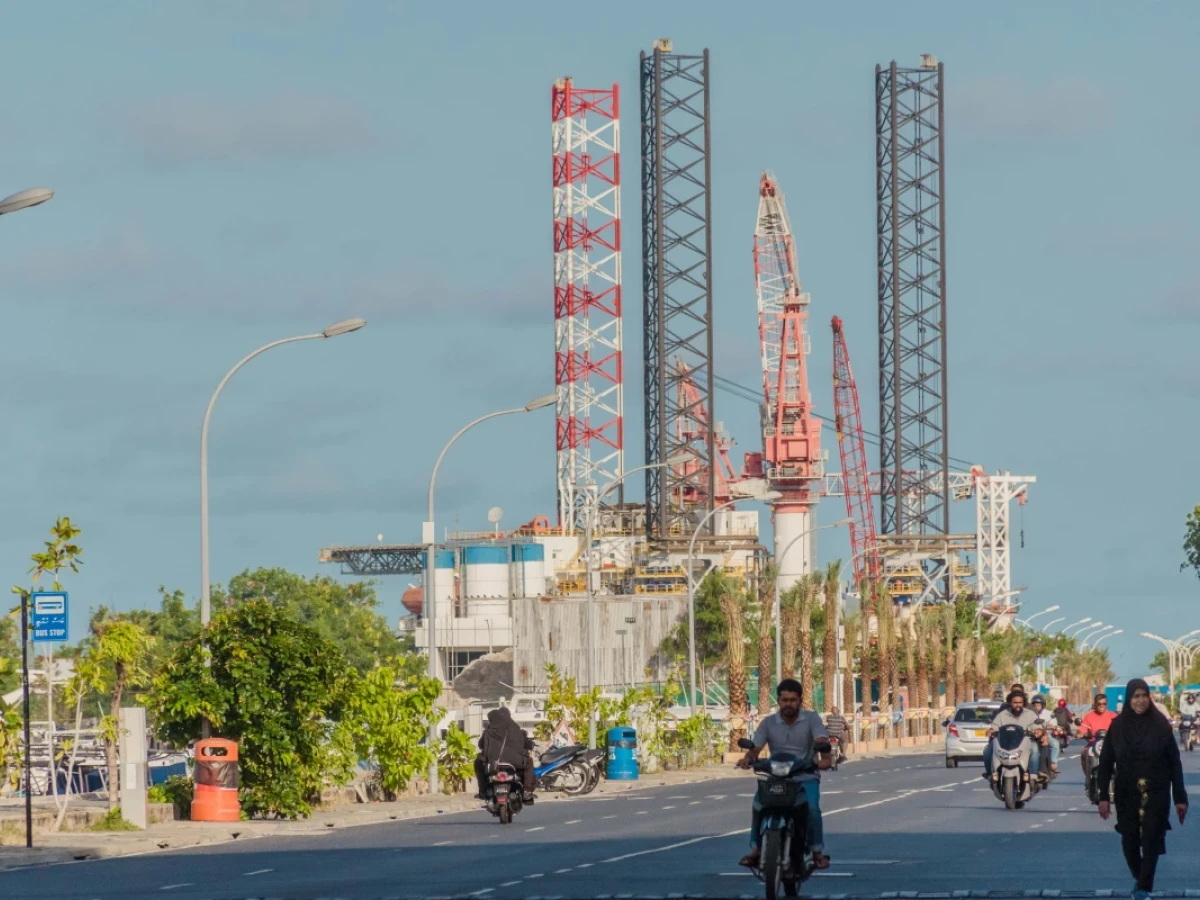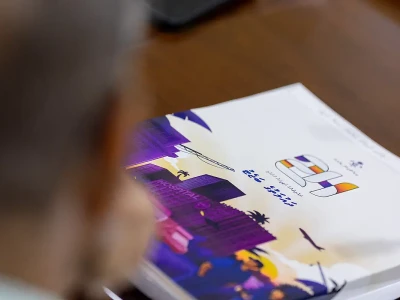
State expenditures outpaces revenue growth
The World Bank noted that there is a growing concern that the economy will be left behind without sustaining growth.
Top Stories
By
Ahmed Naif
Growth in state expenditure has outpaced the growth in state revenue, according to finance ministry data.
According to the expenditure and revenue figures released by the finance ministry as at May 4, MVR 3.7 billion has been spent this year which is an increase of 27.8% compared to the same period last year.
-
Total expenditure - MVR 16.8 billion
-
MVR 136.5 million per day
However, revenue surged by MVR 1.9 billion compared to the same period last year. That is an increase of 20%.
-
Total revenue - MVR 11.7 billion
Compared to the increase in revenues, expenditure increased by 7.8 points.
PSIP expenditure on projects, recurring expenses and subsidies have also increased.
The segments where costs have increased are:
-
Recurrent expenses increased by MVR 1.7 billion
-
MVR 1.8 billion increased in capital expenditures
-
PSIP or new project costs increased by MVR 1.8 billion
-
1.9 billion increase in cost of infrastructure like ports and roads
-
Administrative expenses increased by MVR 1.3 billion
-
MVR 133 million hike for financing and interest expenses
-
Subsidy, grant cost increased by MVR 888 million
The government has so far spent MVR 885 million on loan repayment. This is an increase of MVR 170 million over the previous year.
The budget deficit has risen to MVR 4.2 billion so far this year. This is MVR 1.5 billion more than the budget debt of MVR 2.7 billion in the same period last year. This is an increase of 57% year-on-year.
Cost overruns biggest concern
According to the World Bank's recent Maldives Development Update Report titled, Navigating a Tight Line, the main concern is that government spending is increasing year-on-year disproportionately to the increase in revenues associated with tourism. The increase in subsidies, project costs and interest payments is a concern for the World Bank. Here's a look at some of their highlights:
-
Oil and food subsidy costs rise 136% to MVR 1.9 billion
-
Capital expenditure rises by 60%; 12.7% of GDP
-
Loan interest costs increased to 63% to USD 210 million
According to the World Bank report, such an increase in spending could exacerbate the already high state debt. Currently, the government will have to spend USD 393 million (MVR 6 billion) annually to repay loans, compared with USD 1 billion (MVR 15.4 billion) in 2026.
As a result of this, the World Bank noted that there is a growing concern that fiscal health cannot be sustained.




